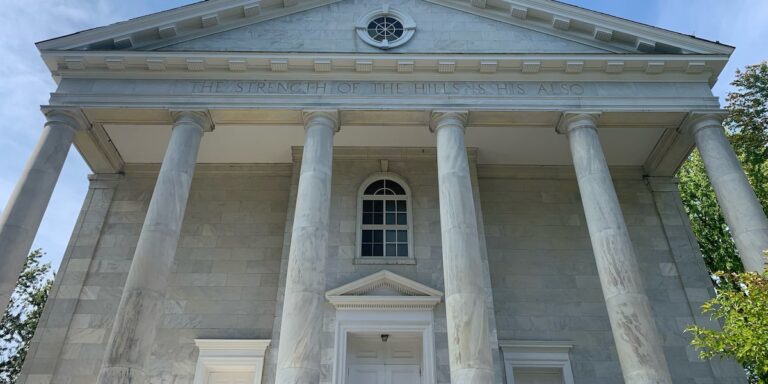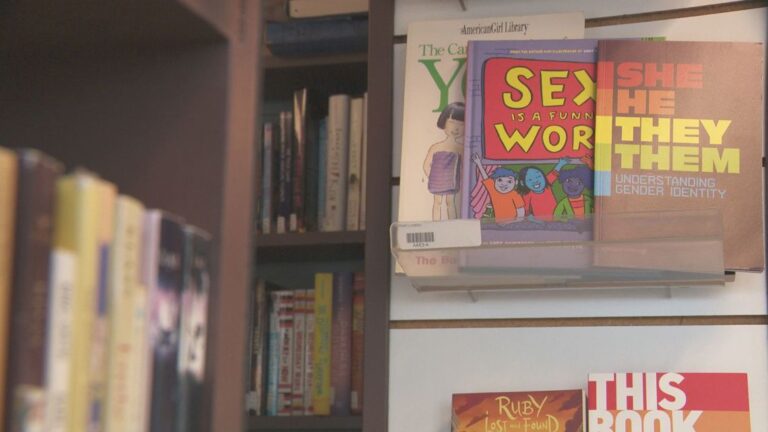Elon Musk’s Daughter Shares Fears About Future in America
Elon Musk’s Daughter Voices Concerns About America’s Future
In today’s fast-paced world, conversations about identity, individuality, and the broader cultural landscape often keep us on our toes. When someone as prominent as Elon Musk has a daughter who speaks out about her fears for the future, it raises some eyebrows. Recently, Musk’s daughter, who has chosen to identify as a transgender woman, shared her profound concerns about living in America, particularly following the events that have unfolded in the past few years. But what exactly is she afraid of, and how does it tie into the larger discussions about society today? Buckle up, because we’re diving into those important conversations.
The Context: A Shifting Landscape
We live in a moment where every voice has the potential to influence the masses. In light of changing political climates, social movements, and personal identities, how we communicate and express our fears—and hopes—has transformed dramatically. For many, including Musk’s daughter, these issues hit home hard. Her statements highlight deeper concerns that resonate not just with her personal journey but also with the experiences of countless others grappling with their identities in a world that can sometimes feel overwhelmingly hostile.
Who Is She, and What Are Her Concerns?
Before diving deeper, it’s essential to know a bit more about Elon Musk’s daughter. Once known as Xavier Musk, she has publicly declared her identity as a transgender woman, changing her name to Vivian Jenna Wilson. By sharing her journey and fears, she is bringing visibility to the challenges many transgender individuals face.
So, what are some of the specific fears she expressed? Here’s a summary:
- Lack of Acceptance: Despite the strides made for LGBTQ+ rights, there remains significant resistance.
- Political Backlash: The political landscape, especially in the United States, has seen numerous policies enacted that threaten the rights of transgender individuals.
- Safety Concerns: With increased visibility comes increased scrutiny and, sadly, threats. The safety of those who do not conform to the traditional gender binary is a real and pressing concern.
The combination of these factors has led her to say something very profound: she doesn’t see her future in the United States.
The Societal Implications
Vivian’s statements resonate with many individuals who share her concerns. Think about it: society’s acceptance of people who break traditional molds—whether in terms of gender, race, or ideology—often feels like a pendulum swinging back and forth. One moment, it feels like progress is surging forward; the next, a wave of legislative pushback knocks it down.
This brings us to a crucial question: how do we create a society where everyone feels safe and accepted? To explore this deeper, let’s delve into several factors contributing to societal acceptance of diverse identities.
The Role of Legislation
Policies can be a double-edged sword. On the one hand, legislation can promote inclusion; on the other hand, it can reinforce prejudice. For instance, states that pass bills targeting transgender youth, such as restricting access to gender-affirming care, illustrate how political maneuvers can fuel fear and insecurity among vulnerable populations.
- Affirmative Policies: Countries and states that actively promote and protect LGBTQ+ rights tend to create a more inclusive environment.
- Negative Legislation: In contrast, as we’ve seen with some recent American laws, these can foster a sense of estrangement and fear.
Social Media’s Influence
Social media is a double-edged sword too. It amplifies both acceptance and hatred. On one hand, platforms can foster communities of support, allowing individuals to connect and share their stories. On the other hand, social media can also give voice to hate, enabling misinformation and intolerance to spread like wildfire.
- Supportive Communities: Advocacy groups use platforms to spread awareness and mobilize for change.
- Hate Speech: Conversely, the anonymity of the internet can lead to bullying and threats, making it a hostile environment for many.
Intersectionality
Let’s not forget intersectionality—the idea that individuals experience overlapping social identities, including race, class, and sexual orientation, creating unique modalities of discrimination and privilege. For Vivian, being both a trans woman and the daughter of a high-profile billionaire paints a complex picture.
- Privilege vs. Vulnerability: While her fame might offer her some level of protection, the underlying fear of being rejected, misunderstood, or even attacked remains palpable.
Messages of Hope
Through the turmoil, many still find glimmers of hope. Organizations dedicated to supporting LGBTQ+ rights continue to push for change, providing resources, education, and a platform for voices like Vivian’s. The mere act of sharing fears helps normalize conversations around gender identity, making it easier for others to express their concerns and support.
Moreover, hope can stem from the younger generations, who are increasingly championing inclusivity and social justice. This shift can be hopeful as it represents a society growing to embrace diversity more fully, allowing those who feel marginalized to thrive instead of merely survive.
Conclusion: A Call for Empathy and Understanding
The concerns voiced by Elon Musk’s daughter align with a much larger societal issue, one that stretches beyond either individual identity or the whims of a political cycle. It’s a call for empathy, understanding, and real change.
As we navigate these complex issues, let’s remember that every voice matters. Whether it’s a billionaire’s child expressing their fears or an everyday person sharing their struggles, these stories shape our collective narrative. We must create spaces for dialogue that promote acceptance rather than fear, aiming for a future where everyone can thrive, regardless of identity.
FAQs
1. What specific fears did Elon Musk’s daughter express about the future in America?
Vivian Jenna Wilson, Elon Musk’s daughter, expressed fears related to the lack of acceptance for transgender individuals, political backlash against LGBTQ+ rights, and personal safety concerns.
2. Why is intersectionality important in discussing Vivian’s concerns?
Intersectionality is vital because it helps understand how overlapping identities—like being both a trans woman and the daughter of a wealthy figure—can shape one’s experiences with discrimination and privilege.
3. How does social media impact discussions about gender identity?
Social media can amplify supportive communities and raise awareness, but it can also perpetuate hate and intolerance, creating both a space for advocacy and potential hostility.
4. What role does legislation play in shaping the experiences of transgender individuals in America?
Legislation can either protect rights and promote inclusion or enact policies that discriminate and foster fear. Recent laws in some states have negatively impacted the lives of transgender youth.
5. How can we foster a more inclusive society?
Creating a more inclusive society involves advocating for policies that protect marginalized communities, promoting understanding through education, and amplifying diverse voices in all conversations.







